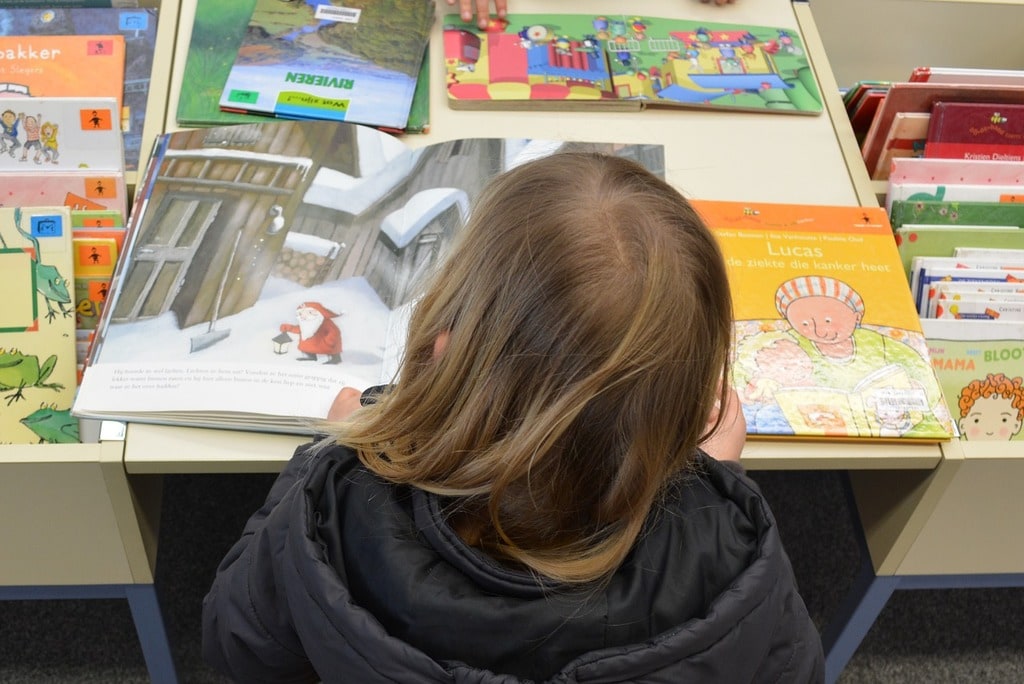The power of literature to shape society and influence generations is immeasurable. From ancient epics to contemporary novels, certain literary masterpieces have left an indelible mark on our cultural, social, and intellectual landscapes. These works transcend time, offering insights into the human condition and reflecting the complexities of the eras in which they were written. They continue to resonate with readers, inspiring new interpretations and fostering a deeper understanding of the world.
Influential Literary Masterpieces Throughout History
The impact of literary masterpieces on our world can be seen through various lenses—historical, cultural, philosophical, and social. These works have not only provided entertainment but have also provoked thought, challenged norms, and driven progress. Here, we explore some of the most influential works that have shaped the course of human history.
Epic Tales and Ancient Wisdom
The earliest literary works, such as the “Epic of Gilgamesh” and Homer’s “Iliad” and “Odyssey,” offer a glimpse into ancient civilizations and their values. The “Epic of Gilgamesh,” one of the oldest known stories, delves into themes of friendship, mortality, and the quest for eternal life. Homer’s epics, meanwhile, have laid the foundation for Western literature, introducing enduring themes of heroism, fate, and the struggles of human existence.
These ancient texts not only provide a historical record but also serve as moral and philosophical guides. They continue to be studied and revered for their profound insights and narrative artistry, reflecting the timeless nature of human concerns and aspirations.

The Renaissance and the Birth of Modern Thought
The Renaissance was a period of profound intellectual awakening, and literature played a key role in this cultural revival. Dante Alighieri’s “Divine Comedy,” Geoffrey Chaucer’s “The Canterbury Tales,” and William Shakespeare’s vast oeuvre are cornerstones of this era. Dante’s epic journey through Hell, Purgatory, and Paradise explores themes of redemption and the human condition, blending medieval theology with classical philosophy.
Chaucer’s “The Canterbury Tales” offers a vivid portrait of medieval society, showcasing a diverse array of characters and stories that reflect the complexities and contradictions of human nature. Shakespeare, perhaps the most influential writer in the English language, expanded the boundaries of drama and poetry. His works, ranging from the tragic to the comedic, delve deep into the intricacies of human emotion and social interaction, remaining relevant and impactful to this day.
Enlightenment and Revolutionary Ideas
The Enlightenment brought a wave of new ideas about reason, individuality, and freedom. Voltaire’s “Candide” and Mary Wollstonecraft’s “A Vindication of the Rights of Woman” are seminal works that challenged prevailing ideologies and advocated for social reform. Voltaire’s satirical novel critiques the optimism and corruption of the era, while Wollstonecraft’s pioneering feminist text argues for the education and empowerment of women, laying the groundwork for future feminist movements.
19th Century Realism and Social Critique
The 19th century saw the rise of realism, with writers like Charles Dickens, Leo Tolstoy, and Mark Twain exploring the social and economic issues of their time. Dickens’ novels, such as “Great Expectations” and “A Tale of Two Cities,” highlight the stark contrasts between the rich and the poor, revealing the harsh realities of industrial society. Tolstoy’s “War and Peace” and “Anna Karenina” offer profound examinations of Russian society, human nature, and the moral dilemmas faced by individuals.
Mark Twain’s “Adventures of Huckleberry Finn” is a critical exploration of race and identity in America, challenging readers to confront the injustices of their society. These authors used their works to reflect and critique the world around them, advocating for empathy, understanding, and change.
20th Century Modernism and Beyond
The 20th century brought radical changes in literary form and content, with modernist writers like James Joyce, Virginia Woolf, and Franz Kafka pushing the boundaries of narrative structure and language. Joyce’s “Ulysses” is a landmark of modernist literature, using stream-of-consciousness technique to delve into the inner lives of its characters. Woolf’s “To the Lighthouse” explores the fluidity of time and consciousness, while Kafka’s surreal and often disturbing works, like “The Metamorphosis,” reveal the absurdity and alienation of modern life.
These writers challenged traditional storytelling methods, offering new ways to perceive and interpret reality. Their innovative approaches continue to influence contemporary literature and thought.
Literary Masterpieces: a Legacy of Change
Literary masterpieces are not just relics of the past; they are living documents that continue to shape our world. They inspire critical thinking, empathy, and a deeper understanding of ourselves and others. Here are some key reasons why these works remain influential:
- Cultural Reflection: they provide insights into the values, beliefs, and experiences of different cultures and eras.
- Moral and Ethical Guidance: they explore fundamental questions of right and wrong, offering perspectives on ethical dilemmas.
- Inspiration for Change: they challenge societal norms and inspire movements for social and political reform.
- Literary Innovation: they introduce new narrative techniques and styles, expanding the possibilities of literary expression.
By engaging with these masterpieces, readers not only gain a richer appreciation of literature but also a greater awareness of the world around them. These works remind us of the enduring power of stories to shape our lives and our societies.